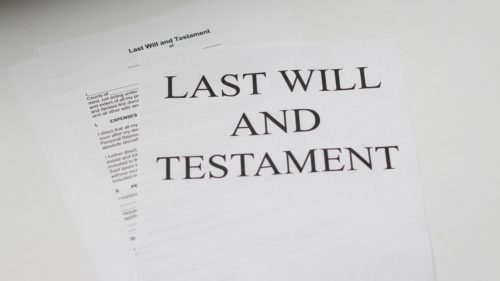
Many people wonder what happens to their assets once they die. The truth is, it is within your control to decide. If you properly plan for your estate, you can choose what assets go where. This can mean leaving certain items to friends, families, and even charities. Read on to learn more.
What is Dying “Intestate?”
When an individual dies without a will, it is known as dying “intestate.” This means that the individual’s assets will be acquired by the state of Pennsylvania and subsequently divided by the state. This can be a bigger issue than it may sound. This means that your assets will not be divided according to your wishes. This can have a major impact on your family, and can even lead to legal trouble and litigation. Your family and friends may take legal action against each other in order to obtain your assets, rather than spending this time mourning. To avoid this, make sure to create a will with the help of an experienced estate planning attorney.
Who Distributes my Assets?
While you may have done the planning, you might still be wondering how exactly your assets will be divided. An executor is an individual you choose to be in charge of your estate. This is a big job, with a lot of responsibilities, so it is important to choose someone you trust. The executor will have to manage your estate to ensure that all assets are distributed accordingly to the appropriate beneficiaries and that all additional tasks are taken care of. First, the executor will bring the will to the Surrogate Court. From here, the probate process will commence, wherein the court will determine whether the will is valid, and as long as it is approved, the executor will then have to handle all financial matters on behalf of the decedent, including paying any debts or taxes that the decedent may have left behind. From here, you will then distribute the decedent’s assets to his or her beneficiaries. If one or more beneficiaries should contest the validity of the will or what they are entitled to in the will, the executor will have to sort out such issues.
If you have any questions or concerns about what happens to your assets in the event of your passing, our firm is here to help. Reach out to our firm to speak with an experienced estate planning attorney.
CONTACT OUR EXPERIENCED PENNSYLVANIA FIRM
Whether you are dealing with matters involving estate planning, estate administration, or elder law, you need a legal team that you can feel confident will represent your best interests, every step of the way. We are that legal team. Contact Heritage Elder Law & Estate Planning today so we can get started.
